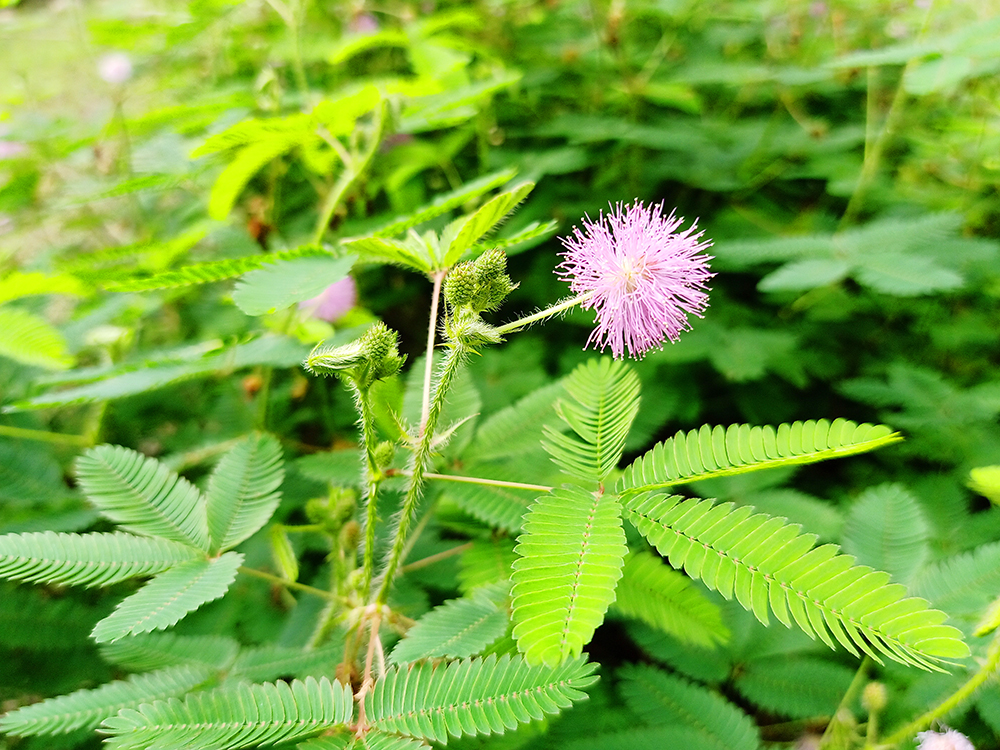
Being honest with yourself involves two things – sticking to the values that mark who you are as a person and acknowledging all of the emotions that you feel, regardless of whether they are positive or negative.
Over the course of our life, we acquire a set of principles that serves as a guide to the things we do in life. Sometimes, especially in our adolescent years, we may find ourselves in situations that pressure us to act in a way that is against our nature. While we may stumble and make mistakes at the beginning, we will eventually learn how to perform the tasks the world needs us to do without letting them change who we are as a person.
Despite this, many of us are still left wondering about the authenticity of our identity and what we are doing with ourselves long after we have entered into adulthood. Why is this so?
Recently, I discovered the Touch-me-not plant, scientifically known as the Mimosa Pudica. This plant has the ability to curl up and take on a shrivelled appearance when disturbed by an animal or insect. Despite being a natural phenomenon, this process results in a reduction in the surface area of the leaves, which in turn slows down photosynthesis and reduces the amount of energy that is available to the plant. However, this very mechanism can also help the plant survive by giving it an unappealing appearance and making it difficult for animals to tear and consume.
The Touch-me-not plant has evolved to use its sensitivity to protect itself from harm. Although changing itself may seem counterproductive to an observer, it is in fact preserving its own life. While we always learn to be truthful to ourselves by sticking to the values we treasure, we often forget about the second part – taking time to recognise our emotions and responding to them properly.
Sometimes, we push ourselves into routines and careers believing them to be the best for us. As young people, our lives are packed with constant change. We move to a new class every year, we make new friends all the time and we learn new things every day. As a result of this, it becomes easy to adopt a habit of blocking out or hiding sadness and anger, hoping that the situation would simply change in a few days. However, entry into adulthood involves too much permanence for us not to be honest with how we feel and changing our position accordingly. Although the
adjustments we make to our life may seem counterproductive to an observer, they can help us live a healthier and happier life. After all, honesty is always the best policy.






